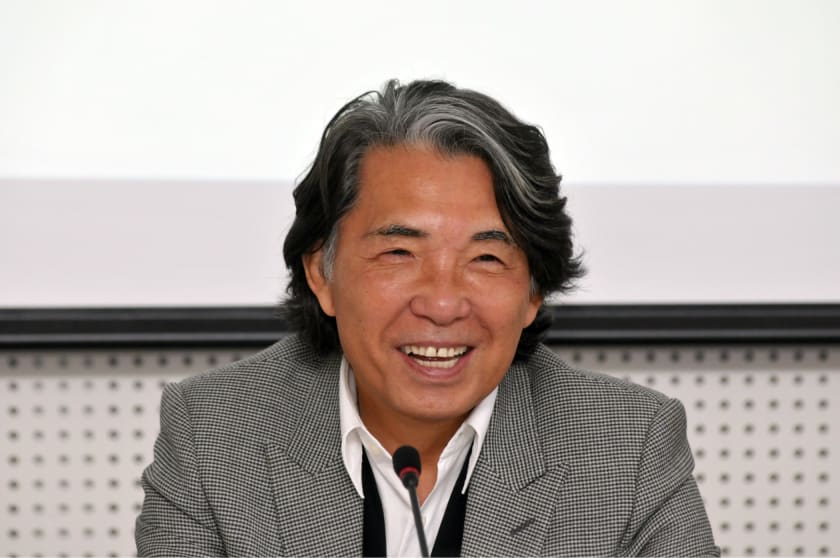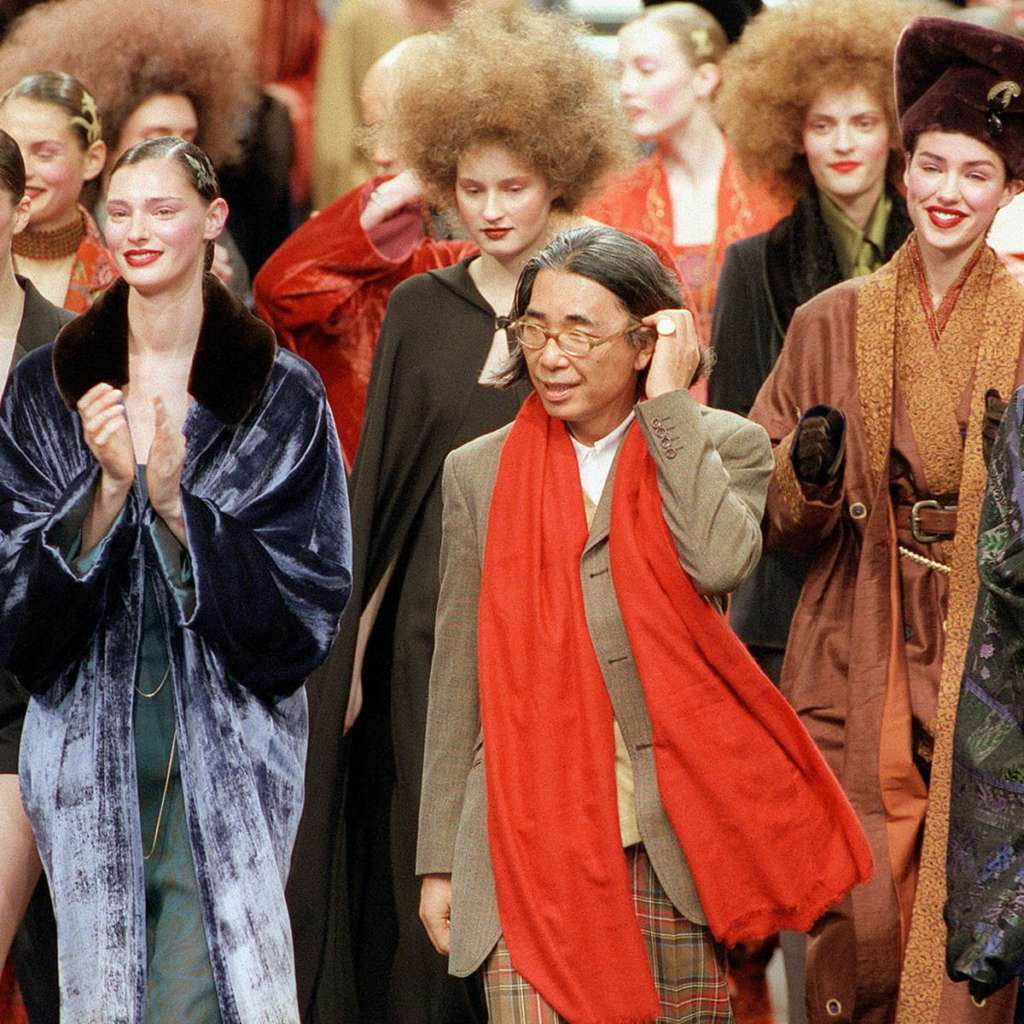10 Mind-Blowing Facts About Late Designer Kenzo Takada



Takada remains a revolutionary name in the history of fashion. He is celebrated not just as a designer but as a person. The Japanese designer Kenzo Takada famed for his namesake brand KENZO succumbed to Covid-19 on 4 October 2020. The designer’s passing followed the closing of the Paris Fashion Week, where the global brand KENZO showcased its season’s collection. The late designer is remembered as an emblem of creativity and freedom that translates into his trailblazing designs. Takada approached fashion with a colorful perspective and drew inspiration from his travels around the world. Off the rack collections were made popular by him, and in that, he always favored ready-to-wear garments over luxe opulence. What set Kenzo Takada apart was his humility and gentle charisma. He envisioned clothes that all women could opt for as their go-to office wear or while taking the commute. He sidestepped the luxury appeal of the occasion-only designs and chose free, eclectic, and culturally rich garments.
10 mind-blowing facts about Kenzo Takada

1. Designer Kenzo Takada had a style that was a mix of soft romance and exoticism. His craft was a blend of color, ethnic designs, and folk-inspired embroidery. The designer stayed relevant even in a volatile industry with fast-changing trends.
2. Successor Felipe Oliveira Baptista fondly looks back at Takada’s congenial personality. “His amazing energy, kindness, talent, and smile were contagious,” states Baptista. The late designer possessed the most humble, down-to-earth personality and believed in liberating fashion to suit the wearers.
3. The story of Kenzo Takada’s arrival in Paris is straight out of a movie. Takada was born in Himeji, Japan, on 27 February 1939, to a family of hoteliers. His love for fashion began from his sister’s fashion magazines that were to set him on his life’s course. Takada studied at the Bunka College of Fashion, Tokyo, and was one of the first males to graduate from there. What gave the designer a chance to live out his dream of Europe was the compensation he received for the demolition of the flat he was renting in his city. The designer blew the money on a one-way ticket to Marseille on a cargo boat.
4. Dubbed as “the most famous Japanese fashion designer in the world,” Kenzo Takada garnered great respect from the industry. He started with a boutique which served as the pivotal point in the future of his “ready-to-wear” collection that he would later come to be known by. He revitalized the fashion industry with his pioneering knitwear.
5. Takada designed his first store such that the ambiance was inspired by the jungle aesthetic of painter Henry Rousseau’s jungle scenes, and he decorated the place with an infusion of his Asian style. This jungle-infused style set Takada apart from his peers and gave his work a fun and eccentric vibe.
6. Takada’s first-ever show had amateur models and only 20 invitees. The designer made his first collection out of cotton, eschewing the costlier silk in favor of a cheaper alternative. But owing to his talent, he grabbed the interest of Elle’s editor-in-chief, who ran a feature in the magazine with his collection on the cover. His clothes were a mix of bold, spacious forms and whimsical colors. He created novel shoulder forms, smock tent dresses, and pioneering shoulder straps, all of which were featured in the US Vogue.
7. Designer Kenzo Takada is likened to Saint Laurent, which remained an indelible imprint on Takada. Kenzo Takado shared the same love for theatrics and even retired to pursue the arts. In the years 1978 and 1979, the designer took to a circus tent to showcase his collection while he rode an elephant during the showcase.
8. The designer always had a strong inclination toward ethnic impressions he gathered from his travels, and these found full expression in his collections. His aesthetic pioneered a new youthful design that freed up the garment of its restrictive form. He borrowed heavily from his Asian culture and introduced bigger armholes and wider sleeves. He would observe people of different countries and their manners and add memories of these sensorial cues to his work. He used primitive, clashing colors and cotton to make his break from the norms of an industry overrun by pomp and show.
9. Takada’s ultimate goal was to design a collection that women could wear “when they use public transportation alone.” This statement alone cemented him as a designer who echoed a sentiment that was more human and real in the world of haute couture. Loose-fitted but dynamic, Takada made clothes that were both wearable and beautiful.
10. Designer Kenzo Takada stepped down as the president of his company in 60, a decision, he explained, was in part due to the changing identity of fashion and its shift towards a more homogenized form. He spent his retired time oil painting, designing costumes for theatre, and helping young designers find their footing in the industry.
Conclusion
Kenzo Takada would forever be celebrated for his eternally young perspective towards fashion. He left a legacy that speaks louder than any, with actions that were kind and loving. The designer revolutionized the fashion world with his dynamic and brilliant garments, all of which had the rawness of the designer’s memory and the finesse of his art.



















